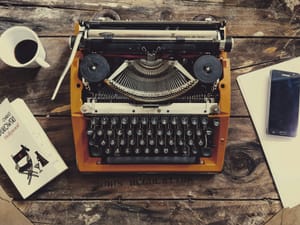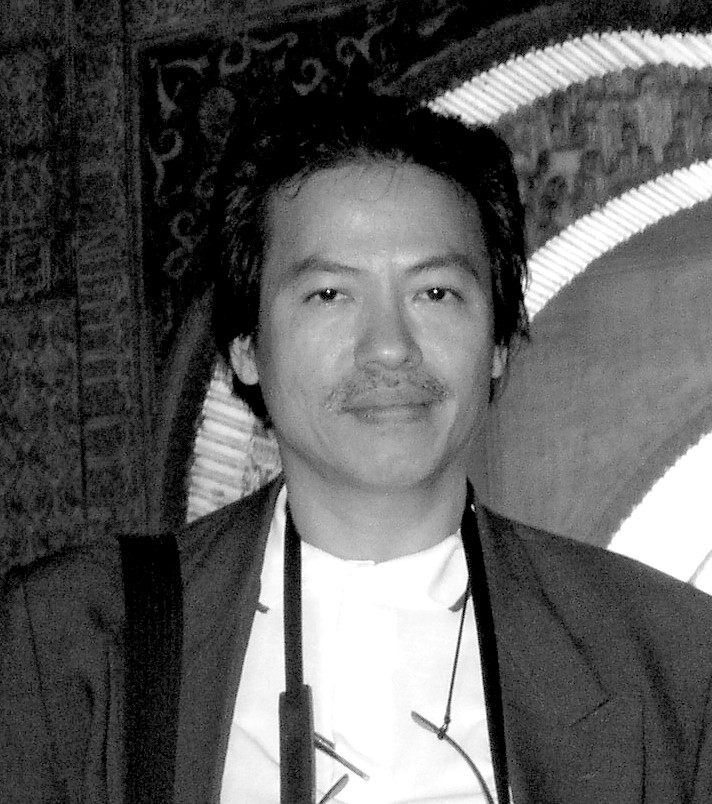The basis for human liberty as we understand it today was laid with the advent of universal literacy. When reading and writing stopped being the sole right of royal scribes and religious leaders in a given society, and when vernacular languages - i.e. languages actually spoken and heard in daily life – gained the right to be written down and read; not only did humanity’s collective knowledge become universally accessible, the link between literacy and power began crumbling.
In tandem with that, literacy as access to divinity began collapsing as well, as the magic associated with thought transmission through sight instead of sound, through scribbling instead of speaking, faded away. “Holy Books” gradually came into question. In the West, the right to individual interpretation of religious texts broke the back of the Catholic Church in the early sixteenth century; and in the Far East, the Confucian Classics lost their almighty centuries-old status as the imperial system collapsed in the early twentieth century. In the Muslim world, the inbuilt tension between individual readings and cleric interpretations of the 1,400-year-old tome continues to be a major struggle.
The mystique of literacy, of the ability of the literate to retrieve ideas from, and to pass on beliefs on lasting parchment instead of fleeting hearsay, began dissipating. The populace, in learning – in gaining the right – to transform their thoughts into writeable and readable words, could now see through the veil and wool of deception that the Crown and the Church had pulled over their eyes and ears.
This is a profound evolution – indeed, it is a revolution – in human liberation that has been so successful that we seldom give it any thought today. We now take it for granted that we do not simply speak and listen in order to communicate and to learn; but we also write and read as if by second nature.





